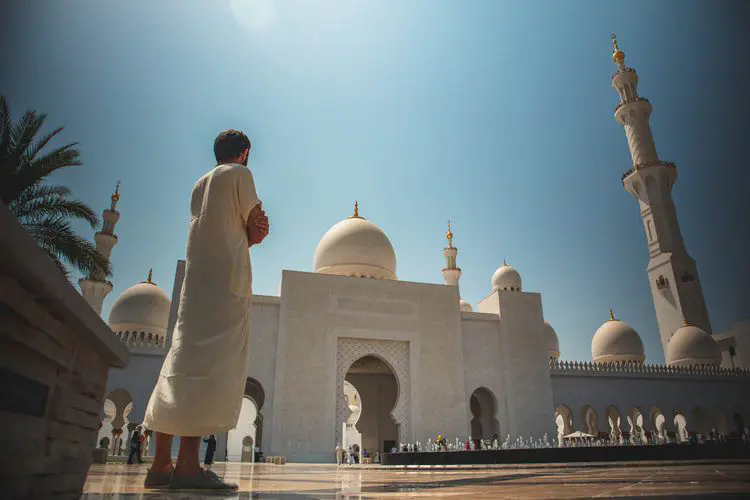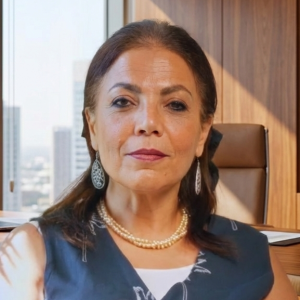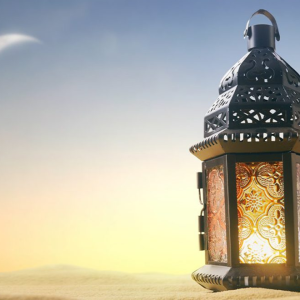Cultural festivals play a significant role in promoting tourism, and Abu Dhabi and Sharjah have been at the forefront of leveraging their rich heritage to attract global visitors. With diverse traditions, world-class event infrastructure, and government-backed initiatives, both emirates have successfully positioned themselves as cultural tourism hubs. These festivals not only celebrate art, music, and traditions but also contribute to the economic growth of the region by drawing tourists, fostering cultural exchange, and supporting local industries.
The Role of Cultural Festivals in Tourism Growth
Festivals provide a unique insight into the traditions, history, and artistic expressions of a region. They act as a major draw for international and domestic tourists who seek immersive experiences. From large-scale global events to niche cultural celebrations, Abu Dhabi and Sharjah host an array of festivals that showcase the UAE’s diverse identity.
Tourists visiting these cultural festivals benefit from a range of experiences, including heritage exhibitions, live performances, culinary showcases, and interactive workshops, making the UAE a year-round destination for culture-driven tourism.

Abu Dhabi’s Cultural Festivals: A Global Magnet for Visitors
Abu Dhabi has successfully integrated cultural festivals into its tourism strategy, positioning itself as a city of creativity and innovation. Some of its key cultural events include:
Abu Dhabi Festival
One of the largest cultural celebrations in the region, the Abu Dhabi Festival is an annual event featuring world-renowned artists, musicians, and performers. It promotes global cultural exchange through concerts, theater performances, and art exhibitions. The festival attracts thousands of tourists, contributing significantly to Abu Dhabi’s tourism sector.

Qasr Al Hosn Festival
A celebration of Emirati heritage, the Qasr Al Hosn Festival highlights the history and traditions of the UAE. Set in the historic Qasr Al Hosn Fort, the festival offers traditional performances, storytelling sessions, craft exhibitions, and immersive experiences that provide visitors with a glimpse into the nation’s past.
Louvre Abu Dhabi Art Festival
With its world-class museum, Abu Dhabi has established itself as a global art hub. The Louvre Abu Dhabi Art Festival brings together contemporary artists, historians, and performers from around the world. The festival includes workshops, interactive exhibits, and guided tours, offering a cultural feast for art enthusiasts and tourists alike.
Sharjah’s Cultural Festivals: Preserving Heritage and Attracting Global Interest
Sharjah, known as the UAE’s cultural capital, has long been a champion of heritage preservation. The emirate’s diverse range of cultural festivals reflects its commitment to arts, literature, and history, making it a prime destination for cultural tourism.
Sharjah International Book Fair (SIBF)
One of the largest book fairs in the world, SIBF attracts publishers, authors, and book lovers from across the globe. The festival promotes literacy, intellectual discourse, and cross-cultural dialogue, drawing tourists who appreciate literature and academic discussions.
Sharjah Heritage Days
A vibrant festival celebrating Emirati traditions, Sharjah Heritage Days immerses visitors in local culture through folk performances, traditional crafts, and historical reenactments. Tourists can experience authentic Emirati hospitality and learn about the customs and way of life of the past.
Sharjah Light Festival
This internationally acclaimed festival transforms Sharjah’s historic sites and landmarks into a mesmerizing spectacle of lights, colors, and digital projections. It attracts photographers, art lovers, and tourists eager to witness the stunning visual narratives displayed on architectural marvels across the city.
The Economic Impact of Cultural Festivals
Beyond their artistic and heritage value, cultural festivals significantly contribute to the economic landscape of Abu Dhabi and Sharjah. The influx of tourists during these events boosts hotel occupancy rates, increases retail spending, and supports local businesses, from artisans to hospitality providers.
Additionally, festivals create employment opportunities in various sectors, including event management, tourism services, and entertainment. With government and private sector investments, cultural festivals are becoming key economic drivers, further enhancing the UAE’s position as a global cultural tourism destination.
Future Outlook: Expanding the Cultural Tourism Sector
With the increasing popularity of cultural festivals, Abu Dhabi and Sharjah continue to innovate their tourism offerings. The integration of technology, such as augmented reality experiences and interactive digital installations, is expected to enhance visitor engagement in future festivals. Additionally, sustainability initiatives, including eco-friendly event planning and cultural preservation efforts, will further boost the attractiveness of these festivals for environmentally conscious travelers.
As the UAE continues to embrace its cultural identity while welcoming global influences, Abu Dhabi and Sharjah are poised to remain leading destinations for cultural tourism, drawing visitors from all corners of the world to experience their rich artistic and heritage traditions.
Conclusion
Cultural festivals in Abu Dhabi and Sharjah serve as powerful tools for tourism promotion, economic development, and cultural preservation. With a growing calendar of events, these emirates are successfully attracting international visitors, strengthening their cultural identity, and solidifying their status as must-visit destinations. As tourism strategies evolve, the synergy between heritage, arts, and modern experiences will ensure that Abu Dhabi and Sharjah remain cultural powerhouses in the global tourism landscape.
Do follow Uae stories for more Updates
Inside Mansour bin Zayed’s Mission at the Arab Summit in Egypt












